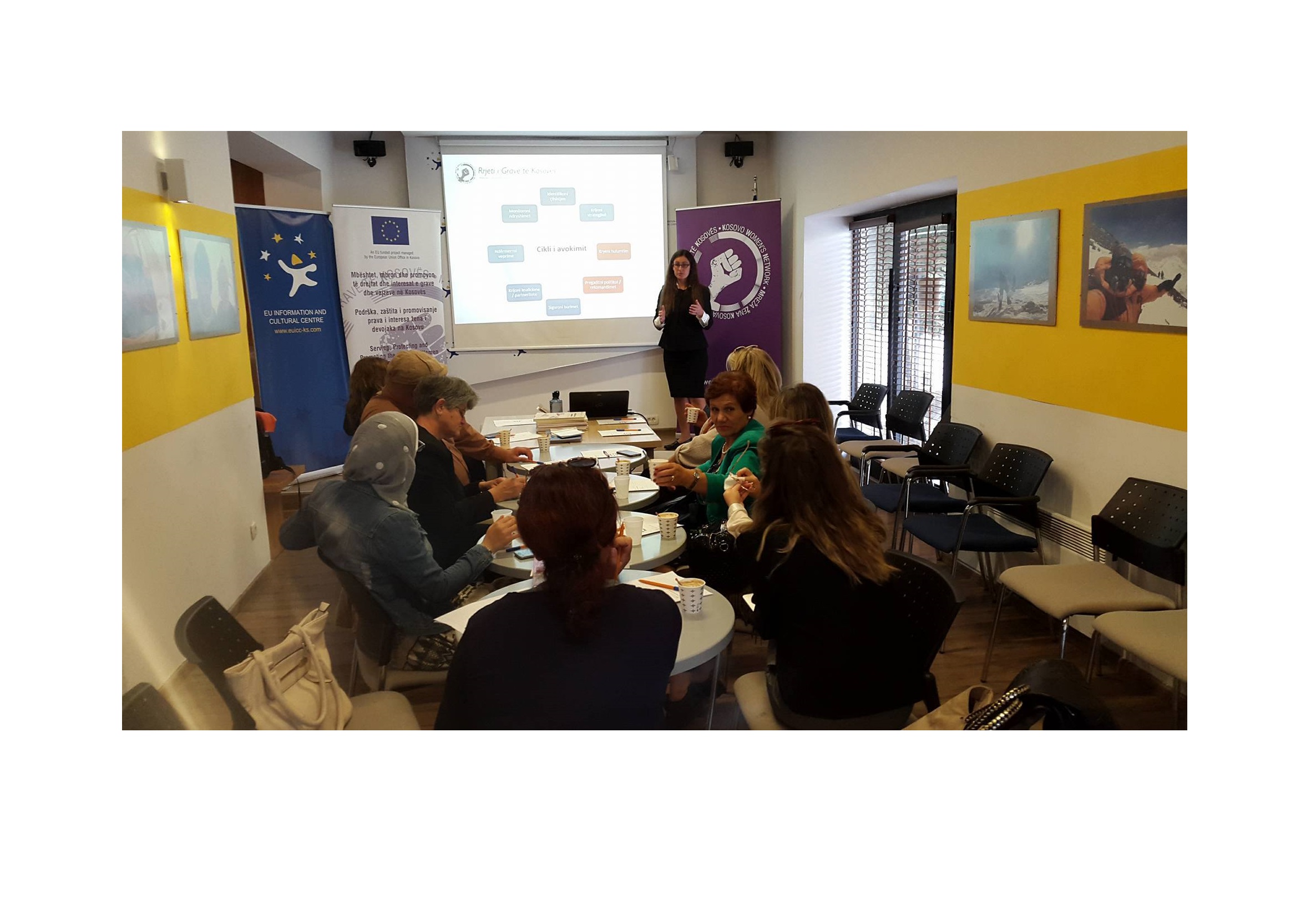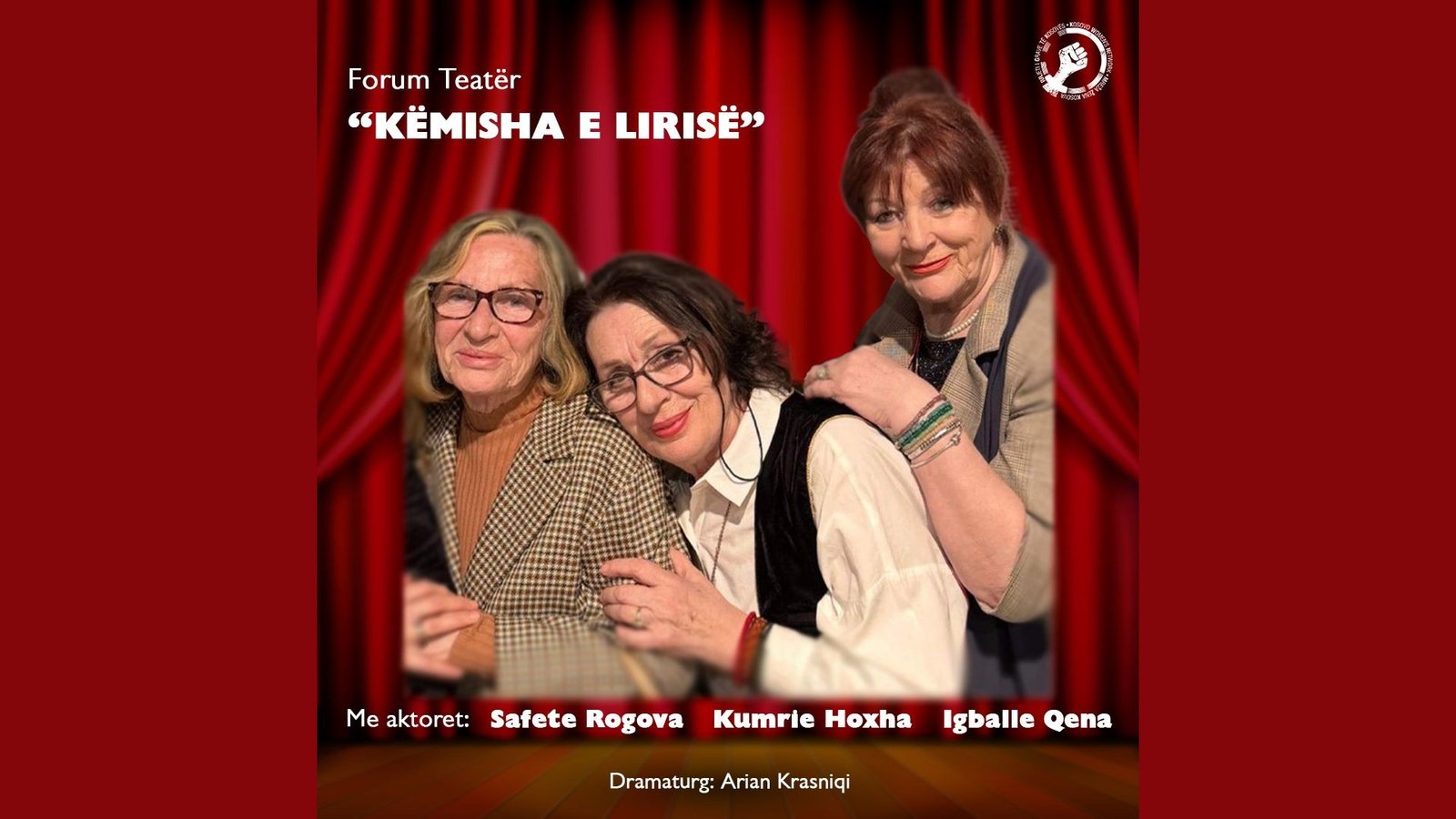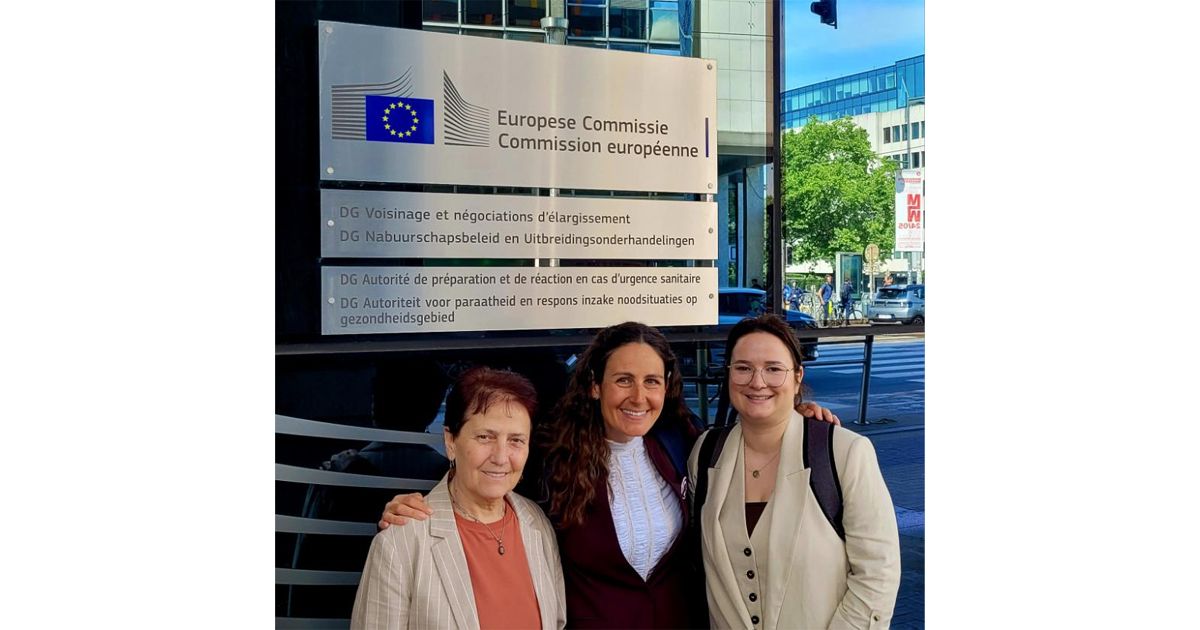Kosovo Women’s Network (KWN) in cooperation with its member organizations, advocates regularly to change the public politics at municipal and central level concerning matters important to women, from addressing the gender-based violence to accessing the health care. However, to influence the public policies, it is important to have strong evidence and arguments supporting our recommendations provided in these documents.
Therefore, on 21 September 2017, KWN organized an interactive workshop on “Writing effective policy documents”, held at EU Information and Cultural Center in Prishtina, in order to provide support to its member organizations in refining the writing of policy documents.
The attendees of this workshop were informed of the strategy of writing policy documents; types of policy documents; how to select the most suitable type of document depending on the field they advocate in; the content that such policy documents must have; and methodology that may be employed to draft them.
When the applicability of policy documents was being discussed, one of the participants to the workshop highlighted that during their daily work in the organization and in cooperation with various institutions, they had noticed that “some of the policy documents drafted at central government level oftentimes are not that functional and cannot be implemented accurately at local level because of the lack of the budget to carry out such policies.”
Meanwhile, a part of the workshop included information and discussions on the analysis of policy issues, emphasizing that an important aspect when drafting the policy documents should be the inclusion of gender analysis, social analysis and environmental analysis. This implies that during this process we should keep in mind how the policies influence differently women and men; how the unique needs of women and men will be considered in the framework of the project; what social groups are or may be positively or negatively influenced by the policies we are creating; how the policies can influence the environment; and what steps should be taken to prevent any potential environmental degradation?
To support this information, one of the workshop participants brought an example of how we could include the foregoing questions when analyzing the program in a situation from our local-level daily life.
“I think that it is highly important to participate in municipal public discussions and bring up these matters, with a particular focus on matters related to gender analysis. For example, a highly probable situation would be the blocking of roads during winter. When analyzing this issue from a gender perspective, a concrete example would be if we discuss at local level on which roads that are used the most by women when they carry out their daily tasks, say sending children to school, should be cleared the first from the snow.” She further added that during these municipal discussions open to public, “as KWN suggested us, we should push forward the allocation of the budget for matters of priority for us, and we should ask to see the budget documents which, as we know, are public documents, so that we can monitor whether these issues are indeed being included in the budget planning or the promises they have given us are being kept.”
This workshop was supported by the EU Office in Kosovo.





